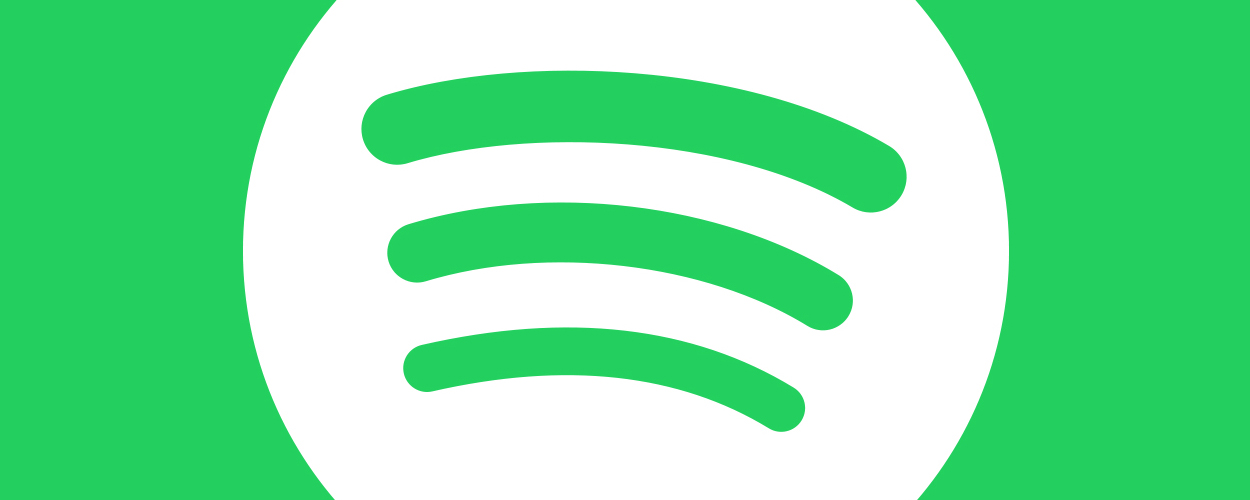This website uses cookies so that we can provide you with the best user experience possible. Cookie information is stored in your browser and performs functions such as recognising you when you return to our website and helping our team to understand which sections of the website you find most interesting and useful.
Business News Digital Top Stories
Daniel Ek concedes hate content policies were rolled out badly
By Chris Cooke | Published on Thursday 31 May 2018

Spotify boss man Daniel Ek has admitted that the streaming firm didn’t do a very good job of rolling out its new policies on hate content and hateful conduct. The policies are still active, he added, but will evolve based on ongoing feedback from various groups.
Spotify divided opinion earlier this month, of course, when it published its new policies over tracks that are seen to incite hatred and music made by individuals who are guilty of hateful conduct. Where music or musicians fall foul of the new rules, Spotify may decline to playlist tracks, or even remove individual songs from its platform entirely.
Working out how to define a track as ‘hate content’ is always a tricky task. Surely artists have a creative right to offend through their lyrics, and just because a song is offensive to some doesn’t mean it necessarily incites hatred. And artists whose music seems to be violent will usually tell you that their lyrics are intended as a story or their on stage persona is a character.
Choosing to not playlist artists because of hateful conduct might, in some ways, seem simpler, assuming you can identify what specific acts are defined as hateful. Except, do you only act when an individual is convicted in a court of law of said hateful conduct, or do you act on allegations against individual artists that haven’t yet been proven in a courtroom?
Spotify immediately did the latter, with the first artists to fall foul of the new hateful conduct policy named as R Kelly and XXXTentacion. The former because of the various allegations of sexual abuse that have been made over the years, and the latter over the allegation that he physically assaulted a pregnant woman.
Although some did welcome Spotify’s new policies and its decision to no longer playlist tracks by Kelly and XXXTentacion, the streaming firm has nevertheless faced criticism from both sides of the debate.
Those who supported the move asked why a string of other artists accused (and in some cases convicted) of sexual or physical abuse hadn’t likewise been removed from playlists. Meanwhile others criticised Spotify’s decision to censor based on allegations rather than convictions.
Amid reports of disagreements within Spotify about the new policies, and word that the XXXTentacion ban is being lifted, Ek was questioned about the whole hoo haa at a tech conference organised by Recode yesterday.
According to The Hollywood Reporter, he told the event: “The whole goal with this was to make sure that we didn’t have hate speech on the service. It was never about punishing one individual”. On the various criticisms of the new policies, he added: “We rolled this out wrong … we could have done a much better job”.
The policies and the communications around them were too ambiguous, Ek conceded. Said policies are still active, he then confirmed, although Spotify is getting and processing feedback from an assortment of groups and will then respond accordingly, “just like we would [with] anything else”. In the long term, he concluded, Spotify just wants to be as transparent as possible about its attitude to possible hate content on its platform.





